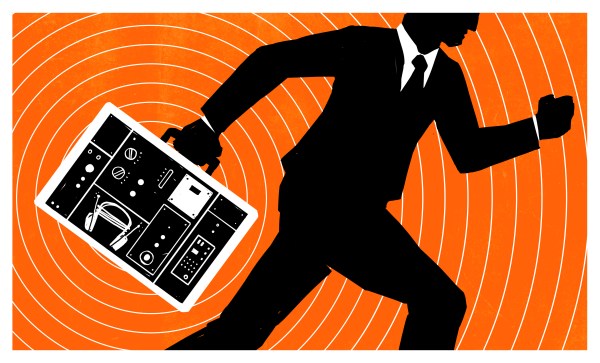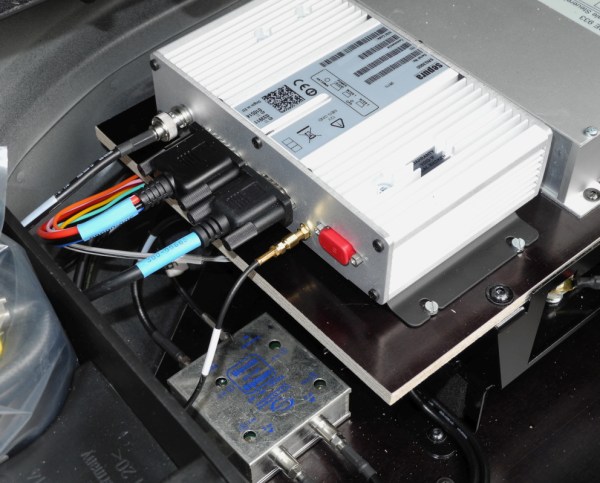Trunked radio systems can be difficult to wrap one’s mind around, and that’s partially by design. They’re typically used by organizations like police, firefighters, and EMS to share a limited radio frequency band with a much larger number of users than would otherwise be able to operate. From a security standpoint, it also limits the effectiveness of scanners who might not know the control methods the trunked systems are using. But now a global standard for encrypted trunked radio systems, known as TETRA, has recently been found to have major security vulnerabilities, which could result in a lot more headache than disrupted voice communications.
One of the vulnerabilities in this radio system was a known backdoor, which seems to have been protected largely via a “security through obscurity” method. Since the system has been around for about 25 years now, it was only a matter of time before this became public knowledge. The backdoor could allow non-authorized users to snoop on encrypted radio traffic. A second serious vulnerability, unrelated to this backdoor, would further allow listening to encrypted voice traffic. There are a few other minor vulnerabilities recently uncovered by the same security researchers who found these two major ones, and the current recommendation is for anyone using a TETRA system to take a look to see if they are impacted by any of these issues.
Part of the reason this issue is so concerning is that these systems aren’t just used for encrypted voice among first responders. They also are used for critical infrastructure like power grids, rail networks, and other systems controlled by SCADA. This article from Wired goes into much more detail about this vulnerability as well, and we all know that most of our infrastructure already needs significant help when it comes to vulnerabilities to all kinds of failure modes.
Thanks to [cfacer] and [ToniSoft] who sent these tips!
Photo via Wikimedia Commons.












